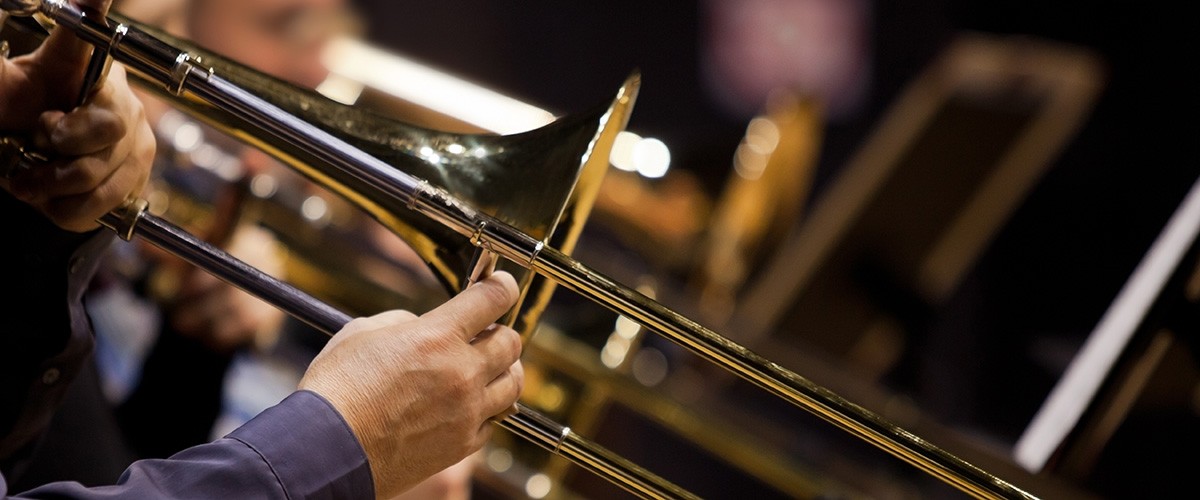Press release: Generative artificial intelligence and copyright
December 05, 2023
Warning from artists' associations
Montreal, December 5, 2023 - As part of the consultation organized by the federal government on generative artificial intelligence in the specific context of copyright, five professional associations representing nearly 20,000 Quebec artists are calling for caution, transparency and a protective legislative framework.
ARRQ, ARTISTI, GMMQ, SARTEC and UDA are actively participating in the consultation work being carried out by the Government of Canada, while recalling that since 2017 numerous consultations surrounding a revision of the Copyright Act have been conducted, and that they now expect the work to come to a successful conclusion.
Today, the associations are sounding the alarm about the major risks that the development of AI could represent without appropriate supervision, and are reminding us of the importance of improving the protection of artists' work.
They recognize from the outset that AI will become a must-have in many fields, and that it will be an extraordinary tool for research, data mining and content generation. However, they remind us that artificial intelligence is, and must remain, a tool trained by humans.
"We call on ministers François-Philippe Champagne and Pascale St-Onge to continue their work on revising the Copyright Act, while respecting one overriding principle: to effectively protect the rights and work of creators. In this sense, no new exceptions should be created to enable artificial intelligence operators to circumvent existing rights", says Chantal Cadieux, President of SARTEC.
"Feeding the beast"
"Artificial intelligence doesn't work without training. In the cultural world, to feed it and enable its final use, i.e. to carry out text and data mining activities, the machine needs to be "fed" with existing content. In other words, we need to use original works written, produced or performed by artists: works that are often protected by copyright. This protection must be maintained, artificial intelligence or not," explains Luc Fortin, President of the GMMQ.
"It is essential that each artist be able to give his or her consent to the use of his or her work as raw material for the training of artificial intelligence. In the event of use, fair and equitable compensation must be paid," adds Tania Kontoyanni, President of the UDA.
"The use of generative AI impacts performers in a particular way, going beyond copyright because when we reproduce their performances, we often reproduce their voice and image. Deep fakes are also of great concern to them, because they make it look like an artist has done or said something when they haven't. Measures are needed to ensure that performers' authorization is obtained before any use is made of their performance, voice, image or likeness," emphasizes France D'Amour, President of ARTISTI.
No human, no work
It seems inconceivable to us that new content, generated by a well-trained artificial intelligence, could benefit from the status of works protected by the Copyright Act. We'd like to see an amendment to the law to make it clear that, in this legislative framework, an author is necessarily a human being. There is no work without a human being.
"For a democracy like ours, is it necessary to reiterate the fundamental importance of guaranteeing the vitality of the cultural sector? In the absence of a clearly established protective framework, it's easy to imagine the possible excesses of these technologies and their owners, and their impact on the work of our artists and on the creative industries", concludes Gabriel Pelletier, President of ARRQ.
-30 -

